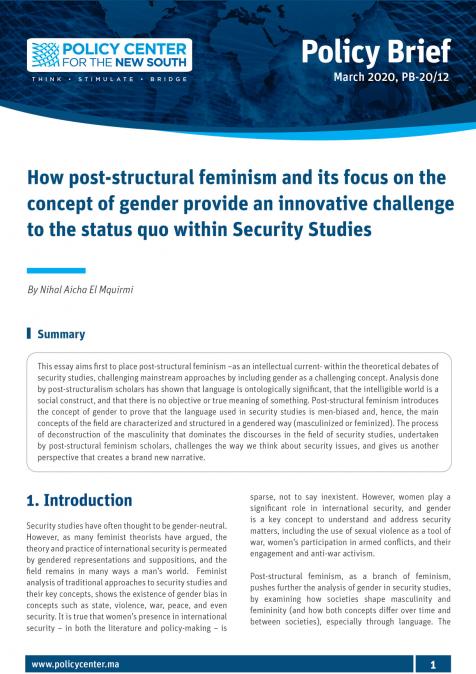Publications /
Policy Brief
La vision stratégique 2015-2030 constitue une innovation dans le domaine éducatif marocain. Contrairement aux réformes précédentes, cette vision aborde à des problèmes qui ont été longtemps occultés. Parmi ces problèmes figure la qualité de l’enseignement. Si cette dernière meublait toujours les programmes des anciennes réformes, elle est considérée comme l’une des priorités de cette nouvelle vision. L’objectif du présent Policy Brief est de dresser un état des lieux des acquis scolaires, partie intégrante de la qualité de l’enseignement, des élèves inscrits en quatrième année du primaire. Nous nous appuyions sur les enquêtes « Trends in Mathematics and Science Study » (TIMSS) et « Progress In Reading and Literacy Study » (PIRLS) auxquelles le Maroc a participé. La finalité consiste à mettre en lumière les déficits accumulés tout au long de ces dernières années.







